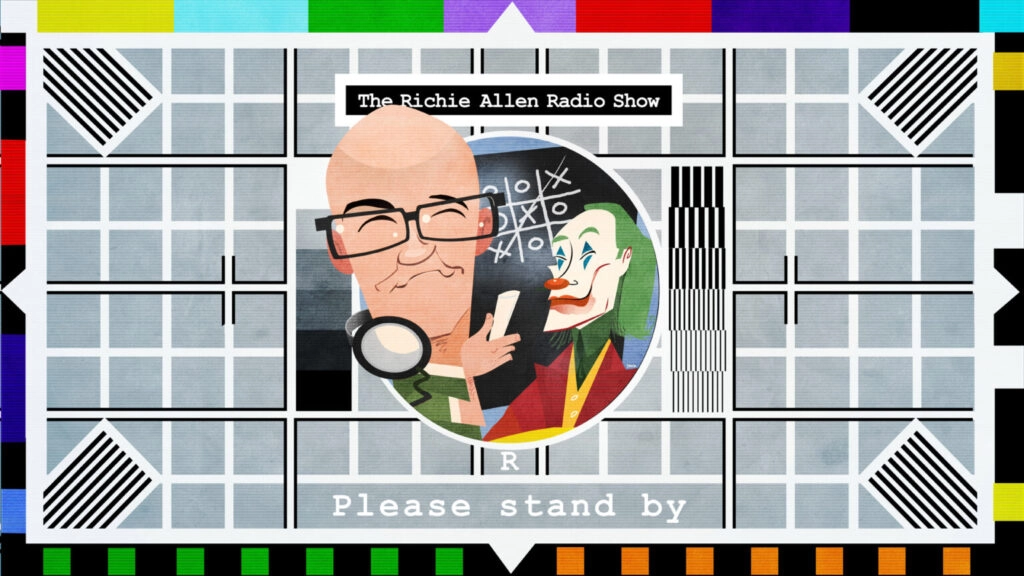Reducing an enlarged prostate is a concern that many men face as they age. While there are various treatments available, including medications and surgery, some vitamins can also play a role in managing this condition.
Vitamin D: The Wonder Vitamin
Vitamin D, also known as the “sunshine vitamin,” is essential for overall health and well-being. It has been found to have a positive impact on prostate health by reducing inflammation and promoting healthy cell growth. Studies have shown that men with low levels of vitamin D are more likely to develop an inflated prostate.
Furthermore, taking vitamin D supplements has been linked to a decrease in prostate-specific antigen (PSA) levels, which is a marker for prostate cancer.
One study conducted by researchers at the University of Wisconsin School of Medicine and Public Health found that men with low levels of vitamin D were twice as likely to have an oversized prostate as men with normal levels. The study also found that taking vitamin D supplements led to a decrease in prostate volume and an improvement in urinary symptoms.
Another study conducted by researchers at the University of Chicago Medical Center found that taking vitamin D supplements led to a significant decrease in PSA levels in men with low-grade prostate cancer. The study concluded that vitamin D supplementation may be a useful adjunct to current treatments for prostate cancer.
While vitamin D can be obtained from sunlight exposure and some foods, such as fatty fish and fortified dairy products, many people do not get enough through diet alone. Therefore, taking a vitamin D supplement may be necessary to maintain adequate levels.
Vitamin E: A Powerful Antioxidant
Vitamin E is a potent antioxidant that helps protect the body from damage caused by free radicals. It has also been found to have anti-inflammatory properties, which can be beneficial in reducing the size of an enlarged prostate. Studies have shown that vitamin E supplements can help reduce the symptoms of an enlarged prostate, such as urinary urgency and frequency.
One study conducted by researchers at the University of Rochester Medical Center found that taking a combination of vitamin E and selenium supplements reduced the risk of developing an enlarged prostate by 63 percent in men over the age of 50.
Another study conducted by researchers at the University of Texas found that vitamin E supplementation led to a significant reduction in PSA levels in men with prostate cancer.
However, it is important to note that taking high doses of vitamin E supplements may be harmful. Therefore, it is recommended to obtain vitamin E through a balanced diet that includes nuts, seeds, and leafy greens.
Vitamin C: Immune System Booster
Vitamin C is well known for its immune-boosting properties, but it also plays a role in prostate health. It has been found to have anti-inflammatory effects and can help reduce oxidative stress, which can contribute to prostate enlargement. Additionally, vitamin C can help improve bladder function, reducing urinary symptoms associated with an enlarged prostate.
One study conducted by researchers at the University of California, San Francisco, found that men who consumed more vitamin C through diet and supplements had a lower risk of developing an inflated prostate. Another study conducted by researchers at the University of Pittsburgh found that taking vitamin C supplements led to a significant decrease in PSA levels in men with prostate cancer.
Foods that are high in vitamin C include citrus fruits, kiwi, berries, and bell peppers. However, if you are unable to obtain enough vitamin C through your diet, taking a supplement may be beneficial.
Zinc: The Mineral That Packs a Punch
Zinc is a mineral that is essential for maintaining prostate health , as it plays a vital role in regulating the size and function of the prostate gland. It has also been found to have anti-inflammatory effects and can help reduce oxidative stress, which can contribute to prostate enlargement.
One study conducted by researchers at the University of California, San Francisco, found that men who consumed more zinc through diet and supplements had a lower risk of developing a large-sized prostate. Another study conducted by researchers at the National Cancer Institute found that taking zinc supplements led to a significant decrease in PSA levels in men with prostate cancer.
Foods that are high in zinc include oysters, beef, pork, and beans. However, it is important to note that taking high doses of zinc supplements may be harmful. Therefore, it is recommended to obtain zinc through a balanced diet or by taking a supplement in moderation.
Saw Palmetto: A Natural Remedy
While not technically a vitamin, saw palmetto is a natural remedy that has been found to be effective in reducing the symptoms of an oversized prostate. It is derived from the fruit of the saw palmetto plant and has been used for centuries to treat urinary and reproductive conditions.
One study conducted by researchers at the University of California, Los Angeles, found that saw palmetto supplements led to a significant improvement in urinary symptoms in men with an inflated prostate.
Another study conducted by researchers at the University of Pittsburgh found that saw palmetto supplementation led to a significant reduction in PSA levels in men with prostate cancer.

Conclusion
In conclusion, while vitamins alone may not be able to completely cure an enlarged prostate, they can play a significant role in managing the condition and reducing symptoms.
Vitamin D, vitamin E, vitamin C, zinc, and saw palmetto have all been found to have beneficial effects on prostate health, but it is important to obtain them through a balanced diet or moderate supplementation.
How is an enlarged prostate gland treated?
The best treatment for an enlarged prostate gland, also known as benign prostatic hyperplasia (BPH), depends on the severity of symptoms and individual circumstances. Some common treatment options include:
- Medications: Alpha-blockers and 5-alpha reductase inhibitors are commonly prescribed medications to help relax the muscles of the prostate and reduce its size, respectively.
- Minimally invasive procedures: Procedures such as transurethral microwave therapy (TUMT), transurethral needle ablation (TUNA), and water-induced thermotherapy (WIT) can be effective in reducing prostate size and improving urinary symptoms.
- Surgery: In more severe cases of BPH, surgery may be necessary to remove part or all of the prostate gland. Procedures such as transurethral resection of the prostate (TURP), laser prostatectomy, and open prostatectomy may be considered.
- The correct amount of Vitamins D,E, and C in addition to Zinc can also decrease the size of an inflated prostate.
What happens when a man has an enlarged prostate?
An oversized prostate, also known as benign prostatic hyperplasia (BPH), occurs when the prostate gland grows in size and presses against the urethra, which can cause urinary problems.
Common symptoms of an enlarged prostate include frequent urination, difficulty starting and stopping urine flow, weak urine stream, and feeling like the bladder is not fully emptied after urination.
How serious is an enlarged prostate?
An enlarged prostate is a common condition among aging men, and in most cases, it is not a serious health threat. However, it can cause discomfort and inconvenience due to urinary symptoms. In rare cases, an enlarged prostate can lead to complications such as urinary tract infections, bladder stones, and kidney damage.
What is the main cause of prostate enlargement?
The exact cause of prostate enlargement is not fully understood, but it is believed to be related to hormonal changes that occur as men age. Specifically, an increase in levels of dihydrotestosterone (DHT), a hormone derived from testosterone, may contribute to prostate growth. Other factors that may play a role include genetics and lifestyle factors such as diet and exercise.
Can an enlarged prostate go back to normal?
In some cases, an enlarged prostate may improve on its own without treatment. However, in most cases, the condition is progressive and will continue to worsen over time without intervention. Treatment options for an enlarged prostate include medications, minimally invasive procedures, and surgery.
Does an enlarged prostate affect a man sexually?
An oversized prostate, also known as benign prostatic hyperplasia (BPH), can affect a man’s sexual function in some cases. Common sexual symptoms of BPH include difficulty achieving or maintaining an erection, decreased sex drive, and ejaculation problems.
However, not all men with BPH will experience these symptoms, and treatment options are available to help manage them.
What is an enlarged prostate size?
The size of an inflated prostate can vary from person to person. In general, a prostate gland larger than 30 cubic centimeters (cc) is considered enlarged, and a size greater than 50 cc is typically associated with moderate to severe symptoms.
Is an enlarged prostate serious?
An inflated prostate, also known as benign prostatic hyperplasia (BPH), is a common condition among aging men and is generally not a serious health threat. However, it can cause discomfort and inconvenience due to urinary symptoms. In rare cases, an oversized prostate can lead to complications such as urinary tract infections, bladder stones, and kidney damage.





